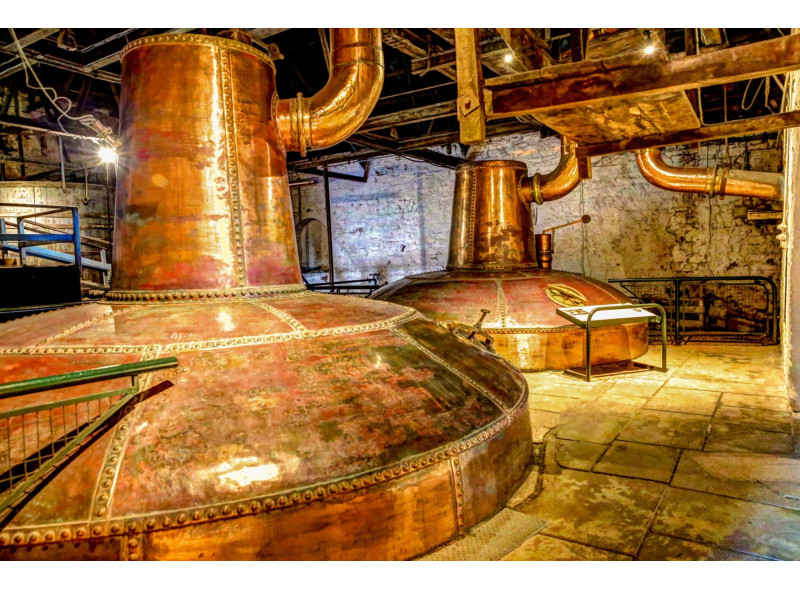Here is a brief overview of the history of whisky:
- Early origins: The origins of whisky can be traced back to the early Middle Ages, when monks in Ireland and Scotland began distilling fermented grains into spirits. These early spirits were known as “aquavitae,” or “water of life.”
- Scotland: Scotland is often considered the birthplace of modern whisky. The first official record of whisky production in Scotland dates back to the late 15th century, and by the 18th century, whisky production had become a major industry in the country.
- United States: Whisky production in the United States dates back to the 18th century, when Scottish and Irish immigrants brought their distilling skills to the New World. American whisky is typically made from corn, while Scottish and Irish whiskies are made from barley.
- Prohibition: The 1920s saw the introduction of Prohibition in the United States, which led to a decline in whisky production and the rise of organized crime. Prohibition was repealed in 1933, but it took many years for the American whisky industry to recover.
Global popularity: Whisky is now produced in many countries around the world, including Japan, Canada, and India. Scotch whisky remains one of the most popular types of whisky, and is protected by strict regulations regarding its production and labeling.
Today, whisky is enjoyed by millions of people around the world, both as a drink and as an investment. Its rich history and cultural significance make it a beloved and enduring part of many countries’ heritage.


